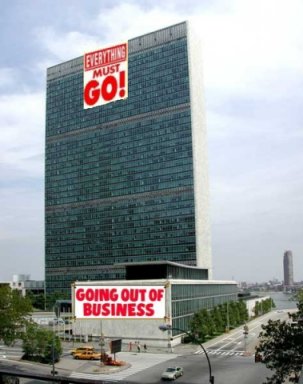Re: Armenia and the information war
Azerbaijani official: U.N. resolution on occupation of Azerbaijan's Kalbajar region has not yet fulfilled
02.04.2010 13:27
Azerbaijan, Baku, Apr. 2 / Trend A.Huseynbala /
The U.N. resolution No. 822 on the occupation of Azerbaijan's Kalbajar region has not yet fulfilled, Azerbaijani Parliamentary Speaker Ogtay Asadov said at today's meeting.
Today, Azerbaijan marks the 17th anniversary of the occupation of Azerbaijan's Kalbajar region by the Armenian armed forces. The region was captured Apr.2, 1993, after the fighting, which lasted for several days. After the region's occupation, the U.N. Security Council adopted a resolution demanding the immediate release of the Kalbajar and other occupied areas of Azerbaijan. But so far, Armenia has not fulfilled the resolution.
Asadov said the Kalbajar region will be liberated as a result of Azerbaijani President Ilham Aliyev's resolute policy.
"I believe we mark the anniversary of Kalbajar's occupation for the last time," he said.
Lol they thought this resolution would do something?
Azerbaijani official: U.N. resolution on occupation of Azerbaijan's Kalbajar region has not yet fulfilled
02.04.2010 13:27
Azerbaijan, Baku, Apr. 2 / Trend A.Huseynbala /
The U.N. resolution No. 822 on the occupation of Azerbaijan's Kalbajar region has not yet fulfilled, Azerbaijani Parliamentary Speaker Ogtay Asadov said at today's meeting.
Today, Azerbaijan marks the 17th anniversary of the occupation of Azerbaijan's Kalbajar region by the Armenian armed forces. The region was captured Apr.2, 1993, after the fighting, which lasted for several days. After the region's occupation, the U.N. Security Council adopted a resolution demanding the immediate release of the Kalbajar and other occupied areas of Azerbaijan. But so far, Armenia has not fulfilled the resolution.
Asadov said the Kalbajar region will be liberated as a result of Azerbaijani President Ilham Aliyev's resolute policy.
"I believe we mark the anniversary of Kalbajar's occupation for the last time," he said.
Lol they thought this resolution would do something?












Comment